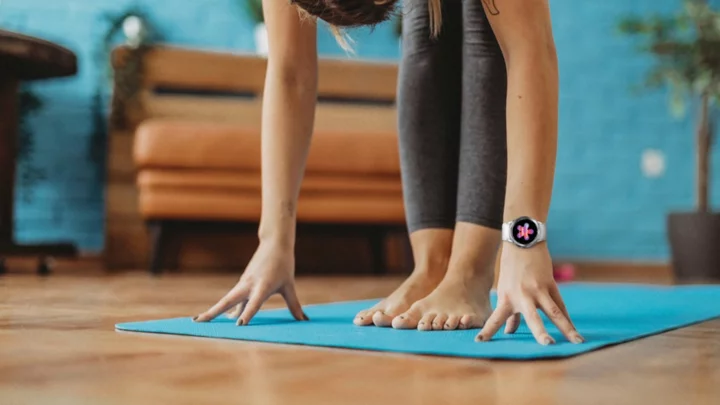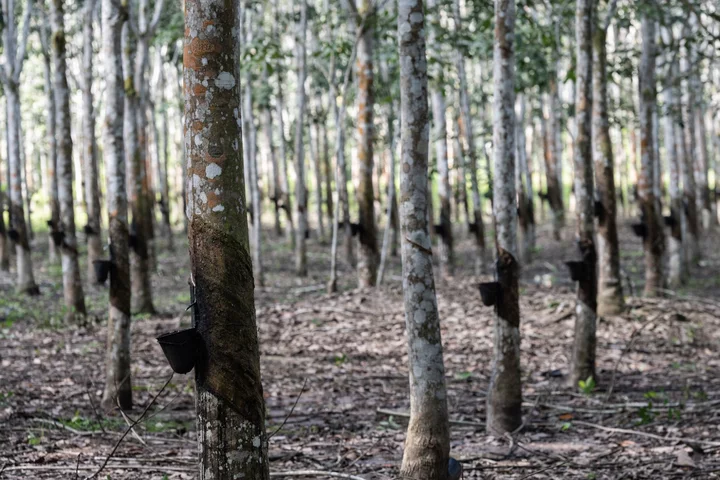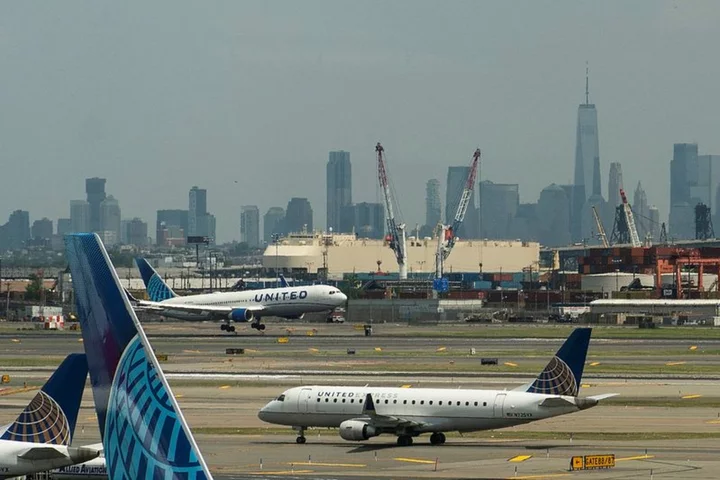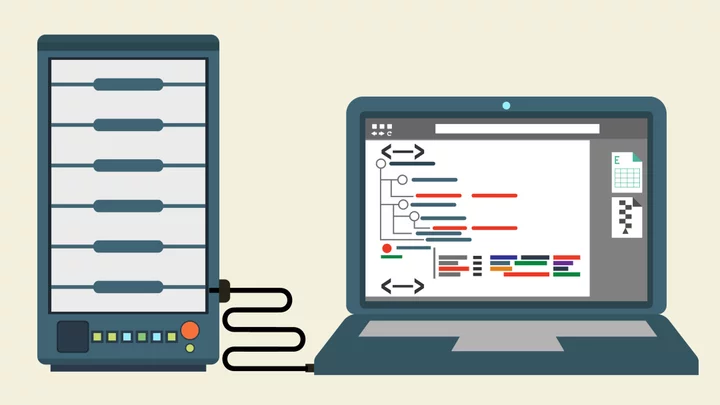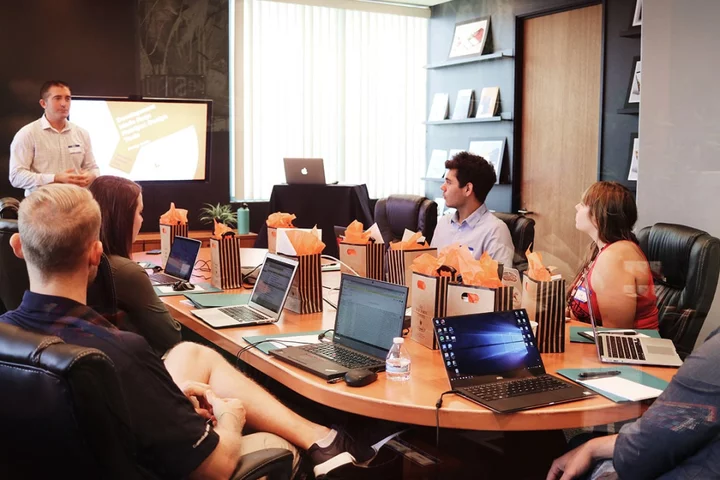Declaring her preference for "something light and comfortable", an Israeli mother-of-four browsed through a collection of pistols in a Jerusalem gun store, which appeared to be experiencing a business boom in wartime.
Applications for gun permits have soared across Israel since October 7, when Hamas gunmen stormed through the highly militarised border with the Gaza Strip, with many civilians having to defend themselves while waiting for the army to respond.
The worst-ever attack against the country has shattered any sense of security Israelis had, and civilians have rushed to arm themselves against future threats as the most right-wing government in Israel's history loosens gun licensing norms.
"Every time my children play in the park I think 'what will I do if someone comes to attack us?'" Riki Tal, 31, told AFP, picking up an unloaded pistol from the collection at the counter.
"I want something light and comfortable in my hand," the school teacher said, placing her finger on the trigger, "for self-protection".
The basement store forbade photography and declined interview requests but the scrum at the counter was testament to the surging interest in weapons among ordinary civilians.
A mother-daughter pair counted crisp bank notes to pay for a Glock and a man wearing a Jewish kippah yanked up his shirt to feel a Smith & Wesson tucked into his jeans.
A shelf behind the saleswoman at the counter was lined with souvenirs such as replica bullets and a grenade next to a bevy of figurines with pictures of Israel's dead enemies: Osama bin Laden, Saddam Hussein and Moamer Kadhafi.
One was missing, Tal joked: Hamas leader Ismail Haniyeh.
- 'Gun in the house' -
More than 236,000 Israelis have applied for gun permits since the outbreak of hostilities with Hamas, the same as all the preceding 20 years combined, firebrand National Security Minister Itamar Ben-Gvir said last week.
"Guns save lives," he said, urging citizens to "go arm yourself".
Ben-Gvir sought to fast-track the once-lengthy licensing process before the October 7 attacks, which killed about 1,200 people across southern Israel and sparked a military offensive against Hamas in the Gaza Strip.
Since the attacks, the criteria has been broadened to make more Israelis eligible for permits and the process further expedited with applicants now required to undergo a phone interview instead of appearing in-person before licensing authorities.
"I never saw a reason to have a weapon but after October 7 we said: 'Okay, we need a gun in the house'," a lawyer in the central city of Modiin, who has applied for permits along with his wife.
While individual knife attacks and shootings are woefully familiar in the decades-old Israeli-Palestinian conflict, he said the unprecedented Hamas raid had prompted his neighbours to invest in security upgrades amid heightened fears of large-scale attacks.
His neighbour, he said, has not only purchased a gun but also built a secret bomb shelter, its entrance hidden behind a bookshelf, "just like the movies".
- 'Push the state' -
There is a visible uptick in people publicly carrying firearms in Jerusalem and other cities -- pushing prams or walking into cafes with assault rifles dangling over their shoulders, or with handguns in holsters on their hips.
Many are military reservists but they also include civilians who are part of volunteer security squads set up and armed by the government since the hostilities erupted.
Campaign groups such as Gun Free Kitchen Tables (GFKT) say the proliferation of firearms in the hands of civilians could lead Israel down the same path as the United States, which is grappling with spiking gun violence and mass shootings.
"We need to push the state to provide security instead of delegating it to citizens," a GFKT staff member told AFP, adding the relaxed norms do not weed out people with a history of domestic violence or substance abuse.
"Guns do not make us safer," she added, requesting her name be withheld to prevent online harassment.
Back in Riki Tal's home in the east Jerusalem settlement neighbourhood of Armon Hanetziv, her husband sported an M-16 assault rifle that appeared incongruously large in their tiny living room.
While Tal recently obtained a provisional licence that allows her to get the mandatory training for a permanent one, her husband, a data engineer and reservist, got the rifle from the government after volunteering for a local security squad.
In fear of attacks from Arab settlements visible from their balcony, the couple said the weapon offered a sense of safety even if it was a "headache" to make sure it remained beyond the reach of their children.
They often hide it behind their bed or atop a cupboard, separating the rifle from the ammunition.
"If I stand outside their school with the gun, a terrorist will think twice," said Tal's husband, requesting anonymity as he was not authorised to talk to reporters.
"I pray that I never have to use it."
bur-ac/slb/dv



